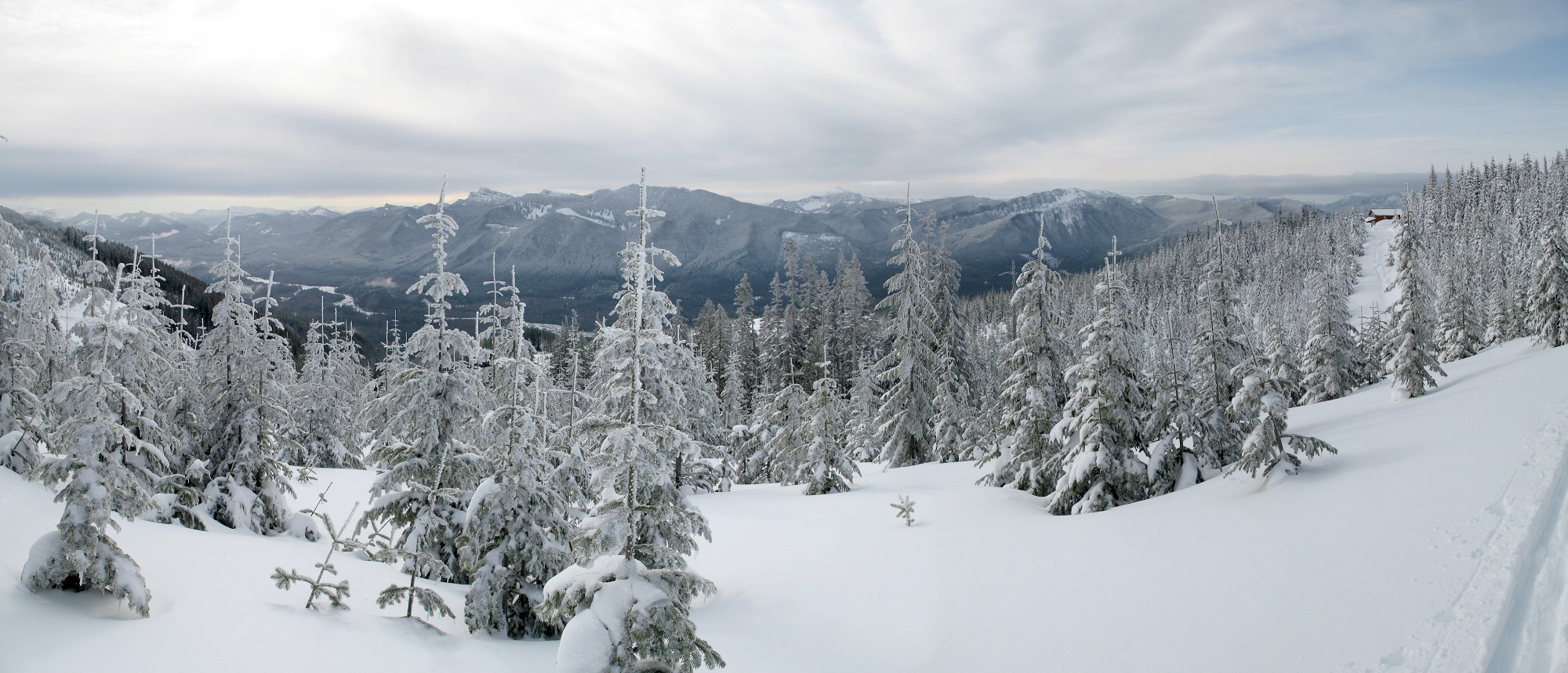Part of the vital challenge presented by ecosystem camping is to get past a model where we primarily consume resources created by others, but rather where we share resources that we produce. To make it more complex, our producer-created system must be able to accommodate the constant flow of people through camp, manage apprenticeship, and encouraging and respecting leadership, all in a way that is easy and comfortable. This comfort is supported by a system of stories, rituals and taboos.
Restoration camping is not an entertainment business. It is more like a social club. Because the club lives together on the land, our stories, rituals and taboos are unique to this now unusual context. The underlying guild and camp institutions are focused on setting the table: arranging land access, gathering and loaning tools and technologies, maintaining an information architecture, and cultivating membership. The guild members must create the feast.
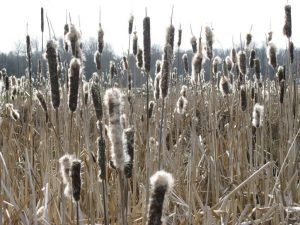
At first it will be a pretty rudimentary feast. But the purpose of restoration camping is to cultivate a community of exceptional capabilities. This cultivation of individual capability is perhaps our most important resource.
cultivation of individual capability is perhaps our most important resource
The camp is a common resources, strategically situated within the watershed, which is also a common resource. The camp, just like the watershed, is divided into a set of systems. Management of the commons depends on shared stories and rituals and taboos around these systems. These elements of culture are established by a camp team. When you visit a new camp as a guild member, your obligation is to learn and understand the systems and their stewardship, based on the stories, rituals and taboos of a camp. These traditions need to be simple, and well suited to the unusual context of living on the land and doing restoration projects.
- Camp Team – a circle of guild members controls the legal institution that is responsible for the operation of the camp. That team is responsible for making sure that all systems are well defined and under stewardship. Every camp has an up-to-date bulletin board that organizes systems, presents maps and land access agreements, and roles. All camps are private, and your access and residence at camp depends on the consent of the camp team. You let the camp team know when you arrive, and when you depart.
-

By combining a multi-purpose common area, with dispersed sleeping we can minimize our impact on the landscape while providing both privacy and social areas. Camp Landscape – the landscape around the camp is cultivated for beauty, access, privacy, production of wild and semi-wild foods, plant stock for restoration, and building materials. All these functions are provided by a set of living systems, and someone at camp is responsible for these systems. This is our living capital. Generally people stay on a set of common areas, trails and paths, until they get some education in the vegetation systems. All members are responsible for gently but clearly minding children in production areas, while other areas are set aside for unfettered exploration.
-
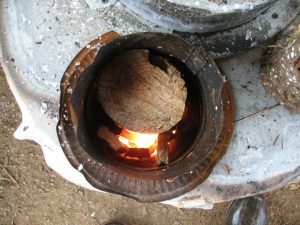
Self-feeding rocket stoves use thermal draft to drive a clean burning cooking surface using small diameter fuel Food System – restoration camps have a mobile kitchen and hearth system, with shared kit for preparing and cooking food. In our ecosystem, wood burning is the principle energy source so we design and use high-draft systems for maximizing combustion, complemented by biogas or solar cookery where feasible. The camp steward maintains a shared larder of staples, and when it makes sense, contracts with local farmers for a supply of produce. When you sign up to go camping you join a cooking groups that fits your diet. Members of the guild accept responsibility for learning about and maintaining the food system, and there is usually some education for new campers. The camp does not cook for you or control what you cook, or who you cook and eat with.
- Host Lands – the camp is located within a set of legal parcels. The camp team establishes terms and conditions for land access, described by a set of maps, rituals and taboos.
- Water Supply – the camp team provides a water supply. That water supply may be potable or non-potable. Each camper is then responsible for using that water supply appropriately, both within their self-organized cooking group, and for their personal water consumption. The character of the water supply is made clear, and the camp team may make suggestions for purification as necessary.
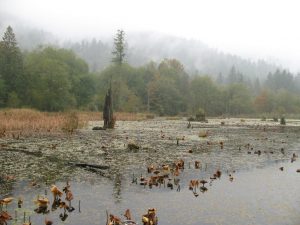 Beaver landscapes, coho salmon habitat, and stormwater infiltration are likely to be important focus areas for community-based watershed management.
Beaver landscapes, coho salmon habitat, and stormwater infiltration are likely to be important focus areas for community-based watershed management. - Projects – A member of the guild takes leadership of each project that is then shared with the camp team. Campers agree to participate in projects as part of their stay – somewhere around four hours of project work a day. Any camper can propose a project to the camp team and then seek support from campers. The camp team can ask for members to come help on needed projects. Projects are basically of two kinds: camp tending and watershed restoration. We try to design camp systems well, so that we can spend a maximum of project time on watershed restoration. Generally projects are scheduled the day before through a discussion among the camp team and project leads, with work in the cool morning after breakfast. Being a project lead requires education in the risk management system.
- Education – Any member of the guild can make an offering to share knowledge, or request knowledge about either the camp systems or watershed restoration. In some cases education and projects go together. To work on a project or use a system, you may need to get some education. Generally education happens in the afternoon and evening. There are a number of standard trainings necessary for camp participation. These are given on the first evenings of your first visit. Some camps may revolve around special education programs where campers pay for the educator.
-
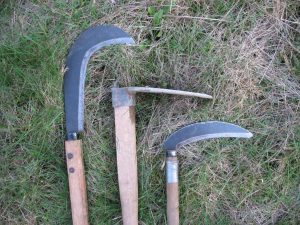
Effective tools are dangerous, and so risk management needs to create spaces for people to become more effective by using dangerous tools. Risk Management – We have a shared system to ensure that everyone is responsible for themselves, has all the knowledge and skills necessary to be responsible and safe, and to respond to an emergency. The landowner only provides access, and is not responsible for our conduct or safety. The camp team is a legal entity that provides a site where members of our club can reside, and works with project leads to ensure each project meets guild standards for safety and organization. Each camper is either on-project or off-project, and the responsibility for safety on-project is clearly defined for each project as sponsored either by the guild, by a third party contractor, or watershed partner.
Ultimately becoming a member of the guild, and a restoration camper is about making a pledge to participate in a community. The pledge is universal to all camps and might look something like this:
The Ecosystem Guild Pledge (First Draft)
- UNDERSTAND PURPOSE – I go restoration camping, to restore ecosystems, and increase the capabilities of the guild by cultivating knowledge, developing and teaching skills, and caring for the bodies, hearts, and minds of my fellow campers. I understand that as a member of the guild I am personally responsible for the camp experience.
- KNOW SYSTEMS – When I arrive at camp I will assess the systems of the camp, and find roles by which my skills will make the camp stronger in its function. Before using or tending a system, I will consult with the steward of the system and honor their leadership by making sure to understand and adhere to any rituals or taboos involved in the management of the system. I recognize that the proper use of some systems may require education and I will not use systems where the camp team has decided that education is necessary for proper use.
- TAKE RESPONSIBILITY – I am responsible for learning how to master and care for every tool and system I use. When I pick up a tool or use a system, I am assuming responsibility for the quality, condition, and function of work, for the well-being of those around me, and for my own safety.
- RESPECT THE HOST – I will honor the boundaries and agreement with the landowner host, and will explore those lands following the specific rituals and taboos defined in the agreement between the camp team and the land owner. I am personally responsible for understanding those agreements.
- HONOR LEADERSHIP – I will honor the intuition and judgement of those who have accepted responsibility for any part of a camp system, and encourage and support the unique learning and development that comes from having authority over a system. I will ask to join in leadership, and will collaborate with those that have come to camp before.
- DEMONSTRATE LEADERSHIP – For the parts of the camp system that I have accepted responsibility I will actively cultivate the continuous improvement of that system, by asking my fellow campers for advice and feedback. The function of my leadership is to support future leaders by developing and documenting better systems, and then passing them on. I will look for opportunities to share and cultivate leadership in others, and will work to bring strangers into groups and projects, while honoring and acting on my intuition and judgement.
- SHARE IDENTITY – I am not anonymous. I will introduce myself to other guild members, and will share my full and true name with any member of the guild at any time requested. I will wear some kind of name tag as much as possible. All guild members have registered with a camp team and the guild. If a non-guild member is at camp, I will let the camp team know.
- RESOLVE PROBLEMS – If I find myself in conflict or feeling unsafe in any way, I will immediately talk to two members of the camp team about my concerns in private, so that we can fully focus on my concerns. The camp team is always available to address concerns about conflict or safety. If my concerns around conflict or safety are not satisfied by working with the camp team, I will leave the camp, and report my experience in detail to guild leadership.
